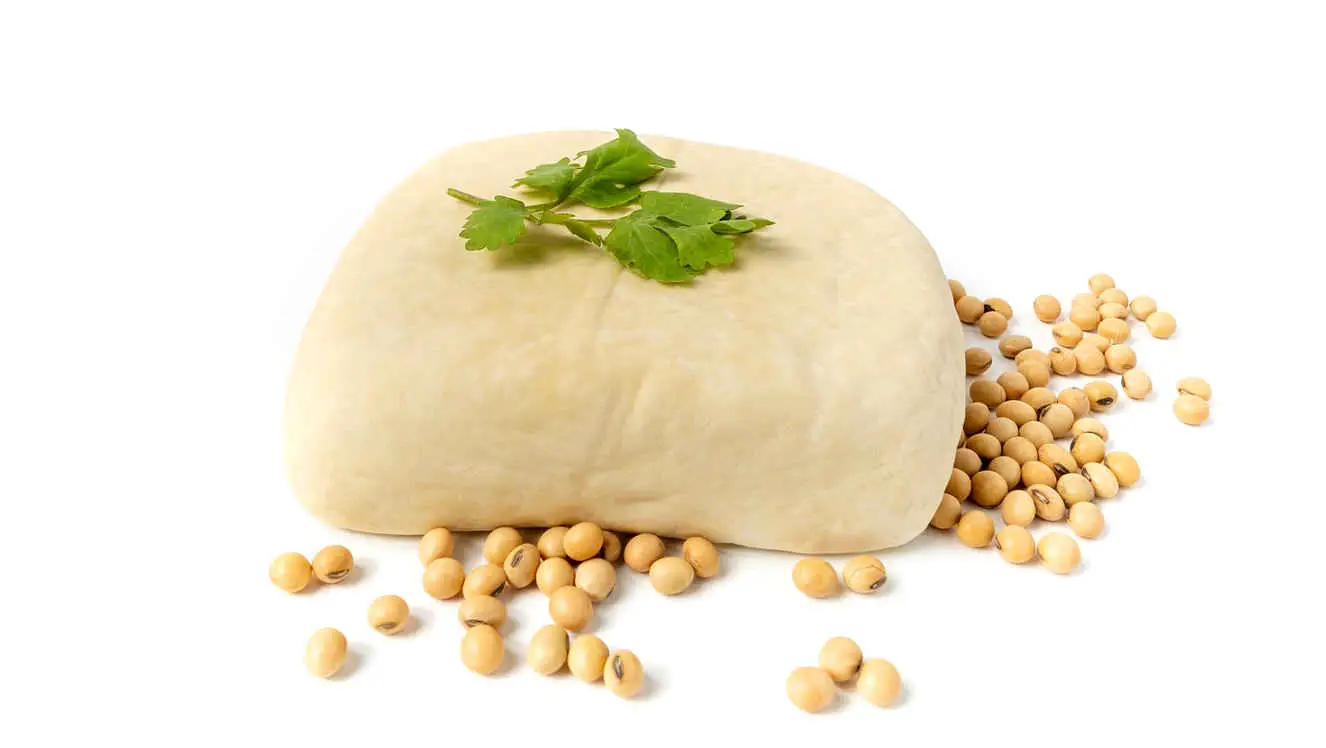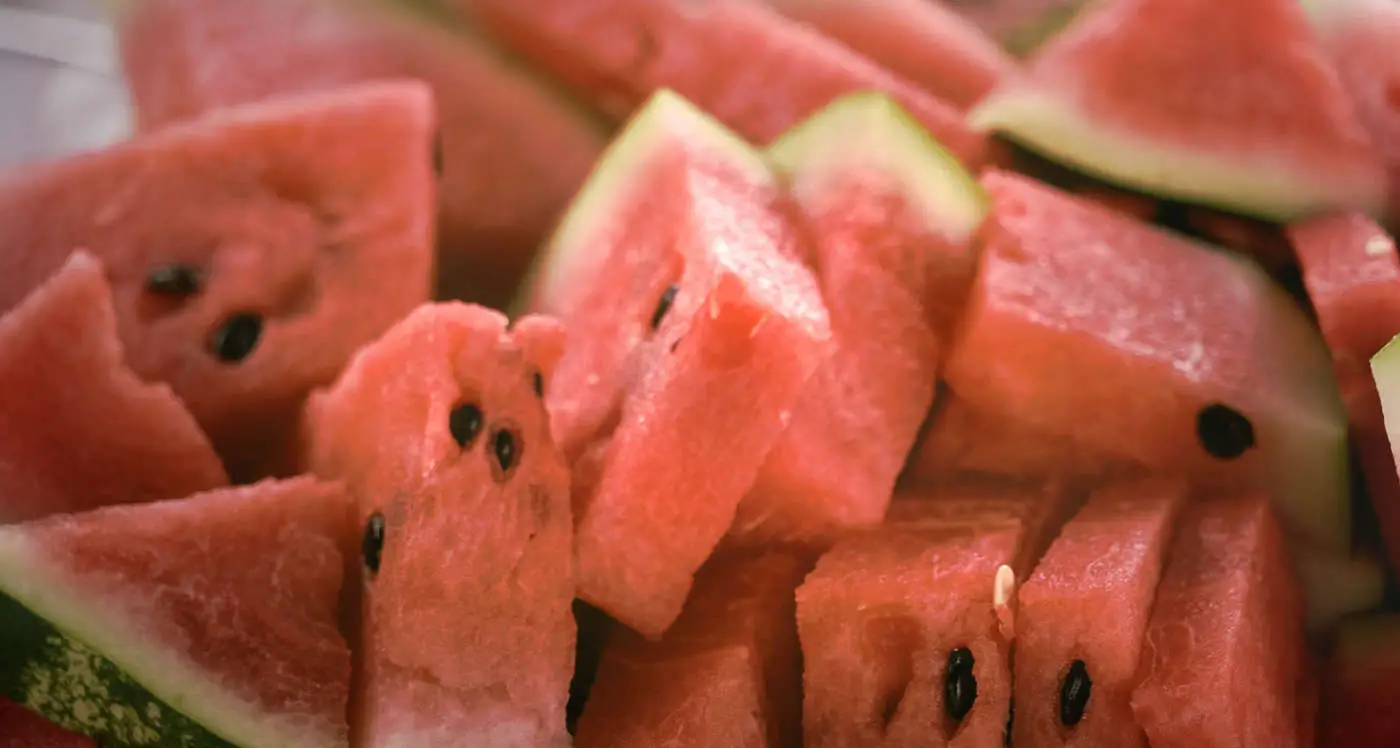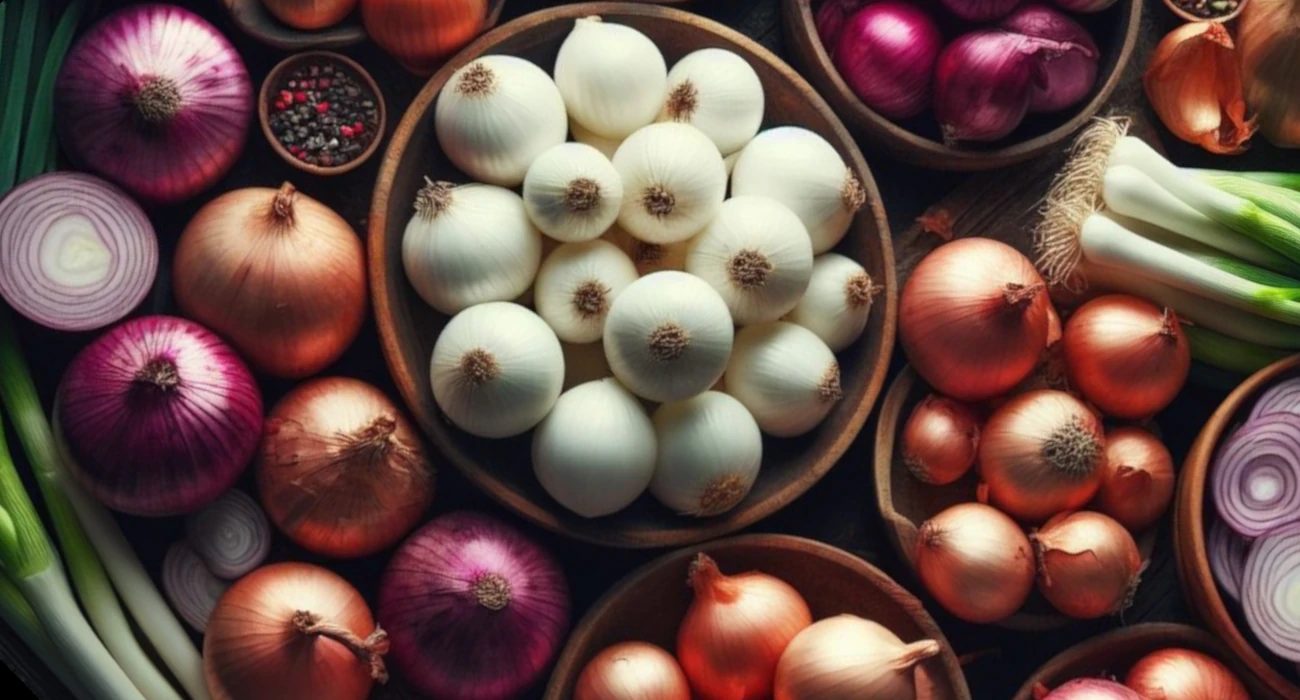Soybean Oil Lysine and Arginine Info Sheet
Overview
Soybean oil is a type of vegetable oil that is derived from soybeans.It is one of the most widely consumed cooking oils.
Soybean oil is rich in polyunsaturated fats, including the essential fatty acids omega-6 and omega-3. It is also a good source of vitamin E.
| Name | Lysine (mg/100g) | Arginine (mg/100g) | Ratio |
|---|---|---|---|
| Soybean Oil | 0mg | 0mg | 1 |
Soybean Oil contains 0mg of Lysine and 0mg of Arginine per 100g of product.
This means Soybean Oil has a neutral Lysine-Arginine ratio of 1.
Because Soybean Oil has a neutral ratio of lysine and arginine, it does not have a significant impact on people who suffer from herpes, as it does not affect the viral activity.
Lysine Considerations
Soybean oil does not contain any lysine, which is an essential amino acid that the body cannot produce.
Lysine is important for protein synthesis, collagen formation, and immune function, but it is only found in protein-rich foods.
Because oils only contain fat, they are not a source of lysine.
Lysine has the potential to prevent or treat cold sores, which are blisters caused by the HSV-1 virus, also known as herpes.
Lysine operates by slowing down the proliferation of HSV-1, which relies on another amino acid, arginine, to reproduce and infect cells.
Lysine can only be acquired through our diet, and is present in a variety of high-protein foods such as eggs, dairy, fish, meat and poultry.
Arginine Considerations
Soybean oil does not contain any arginine, which is a semi-essential amino acid that the body can produce in limited amounts.
Arginine is important for nitric oxide production, blood vessel dilation, and wound healing.
Like lysine, it is only found in protein-rich foods. Because oils only contain fat, they are not a source of lysine.
Arginine has many benefits for our overall health and performance, such as lowering blood pressure, enhancing wound healing, and increasing exercise endurance.
Arginine can also affect the herpes virus, which causes cold sores and genital herpes.
Studies suggest that arginine may help the virus grow and cause outbreaks, so people with herpes may want to avoid foods that are high in arginine or take lysine supplements to block its effects.
Lysine-Arginine Ratio
Soybean oil does not contain amino-acids and thus has a neutral lysine-arginine ratio.
This means it does not affect the lysine-arginine balance in your diet and has no implications on the herpes simplex virus (HSV) in the body.
That said, soybean oil may have other benefits for HSV prevention or treatment, such as anti-inflammatory and antiviral properties.
Both lysine and arginine play crucial roles in protein synthesis and other metabolic activities.
Interestingly, they have contrasting effects on the herpes simplex virus, which is responsible for cold sores and genital herpes.
Lysine can prevent the virus's ability to replicate, while arginine can promote it.
Consequently, consuming foods with a high lysine to arginine ratio may help decrease the frequency and severity of herpes symptoms.
Foods with a high lysine-arginine ratio include milk, cheese and yogurt products, fish, poultry, fruits, and vegetables.
These foods can supply the body with sufficient lysine to block the virus's availability of arginine, thereby preventing its growth and spread.
Dietary Considerations
Fats and oils are a type of macronutrient that provide energy and help absorb fat-soluble vitamins.
Cooking oils have no protein and therefore are neutral for lysine and arginine.
Some types of vegetable oils can be healthier to include in your diet, as they can lower cholesterol and inflammation.
Some examples of healthy cooking oils are olive oil, canola oil, and sunflower oil.
Butter and margarine have low amounts of lysine and arginine, but they are not as healthy as cooking oils.
Butter and margarine can increase the risk of cardiovascular diseases and obesity.
Oil is a fat extracted by plants that is in a liquid state at room temperature.
It is used in cooking for frying, baking, and as a dressing or marinade.
Some oils, such as olive oil, coconut oil, and avocado oil are high in healthy fats and can be beneficial for heart health.
Oils have negligible amounts of lysine and arginine and can be used freely in a diet for people with herpes.

For instance:
A well-balanced and healthy diet that strengthens your immune system and lowers inflammation is important.
This means you should eat a lot of fruits, vegetables, whole grains, lean protein, and good fats, and avoid processed foods, added sugars, alcohol, and caffeine.
Avoid alcoholic beverages and caffeine which can overstimulate your body, leave you dehydrated, and compromise your immune system.You may want to take l-lysine supplements.
L-lysine is known to prevent herpes outbreaks and it can help stop a cold sore in its initial stages by "starving" the virus of arginine before it has a chance to cause a cold sore.
Other food supplements, such as vitamin C, zinc, selenium, and antioxidants, can help you boost your immunity and protect your cells from oxidative stress.
To prevent outbreaks, avoid foods that can cause allergic reactions or sensitivities, such as gluten, dairy, nuts, eggs, or shellfish.
These foods can harm your immune system and make inflammation worse.
Eating foods that can soothe your symptoms and speed up your healing process, such as honey, yogurt, aloe vera, and chamomile.
These foods have anti-inflammatory, antiviral, and antibacterial properties that can reduce pain, swelling, and itching, and promote tissue repair.
Check more food information






